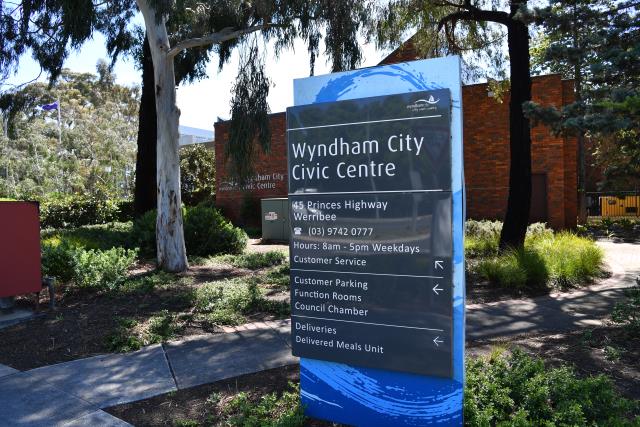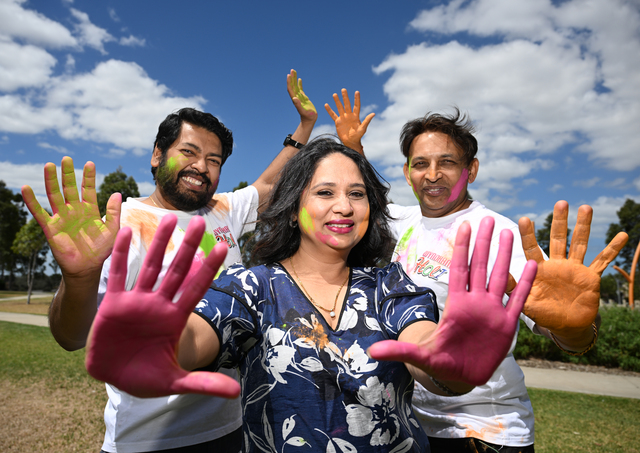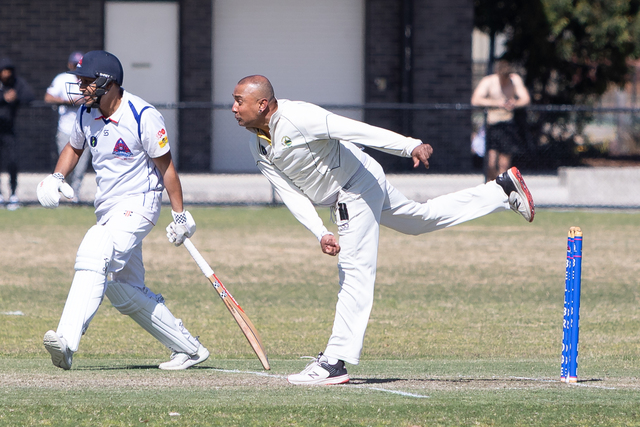The underdiagnosis and and undertreatment of women with heart disease, including in Wyndham, will be in the spotlight this REDFEB heart awareness month.
Running through February, the campaign aims to encourage people to wear red and donate to Heart Research Australia.
Cardiologist Dr Monique Watts said over recent years, women were “doing worse” after their heart attacks, they were more likely to have another heart attack and more likely to die or have heart failure than men within five years following their heart attack.
Recent University of Sydney research showed women admitted to Australian hospitals with serious heart attacks were “half as likely as men to get proper treatment and to die at twice the rate of men six months after discharge”, Heart Research Australia said.
Heart Research Australia chief executive Nicci Dent said time was critical when it came to heart disease.
“A huge issue with women is the delay in treatment,” she said.
“Women go to hospital layer after symptoms start, which reduces the window of opportunity for effective treatment and increases the risk of complications and damage to their heart.
“There are many things that contribute to this. One big problem is the myth that women aren’t at risk. Traditionally heart disease has been viewed as a bloke’s disease, but globally heart disease is the number one killer of women.”
Another issue raised by Dr Watts was the focus on male specific symptoms and risk factors, due to most medical research consisting in studies of men.
“Therefore clinical guidelines, symptom checklists and treatments are tailored to men,” Dr Watts said.
“It means women are diagnosed with heart disease seven to 10 years later than men, and are less likely to be referred for heart tests or heart surgery. We know that smoking, high cholesterol, being over-weight and a sedentary lifestyle are all risk factors discovered from research on men. What isn’t well publicised are the very clear and specific risk factors for women.
“Early menopause, inflammatory conditions such as rheumatoid arthritis and lupus, and complications during pregnancy – such as pre-eclampsia, hypertension, and gestational diabetes – are all important risk factors for women. Even smoking confers a much higher risk of heart disease for women than it does in men.”
As part of REDFEB, Heart Research Australia urges women to be more active in getting help when experiencing heart problems, “rather than neglecting the problem”.
“For earlier identification of cardiovascular disease and more timely and appropriate medical intervention it is advised for women over 45* to have a heart health check and to discuss their obstetric history if they have had children with their current GP. This enables proactive prevention to be taken to reduce risk. (*Over 35 for Aboriginal and Torres Strait Islander peoples),” Heart Research Australia said.
For more information on heart disease in women, to donate and to learn more about REDFEB, go to: www.heartresearch.com.au.

















